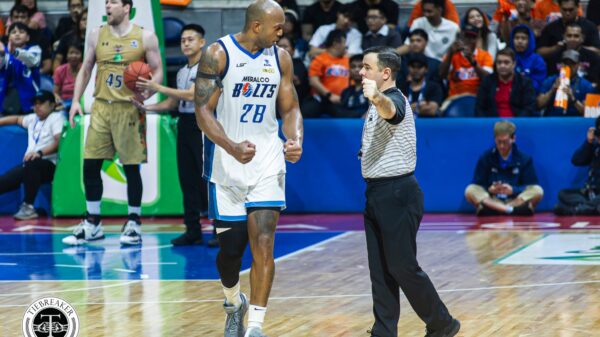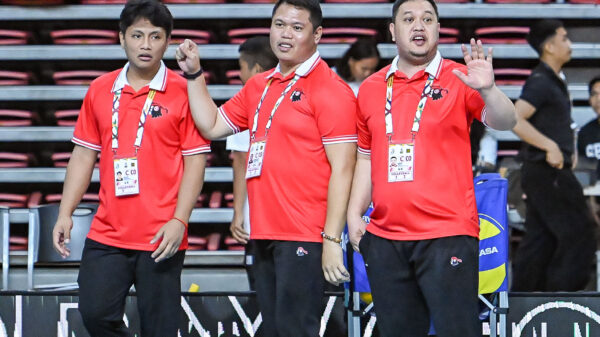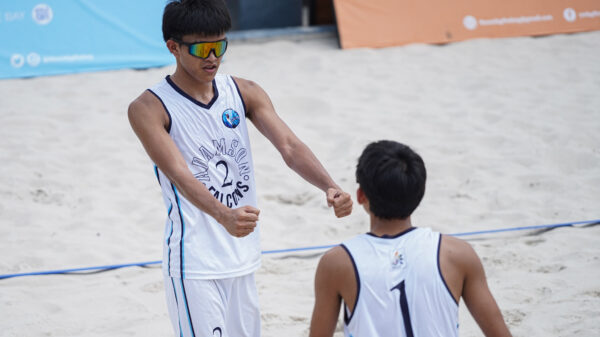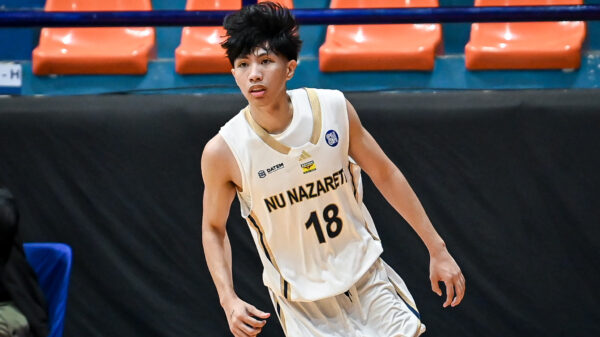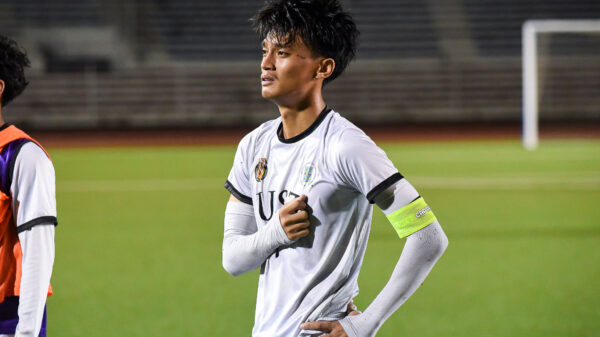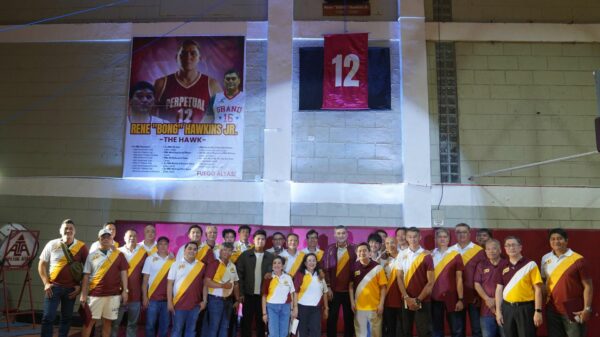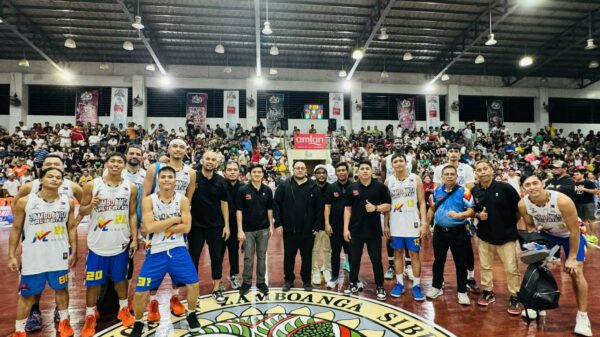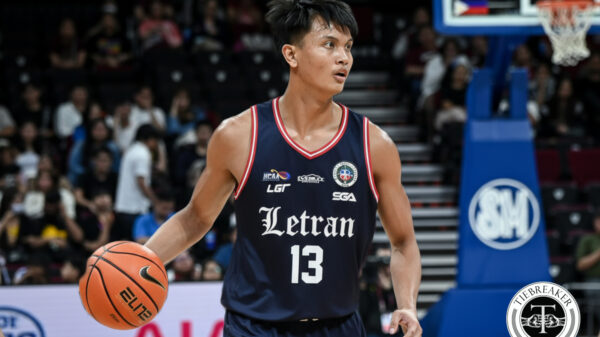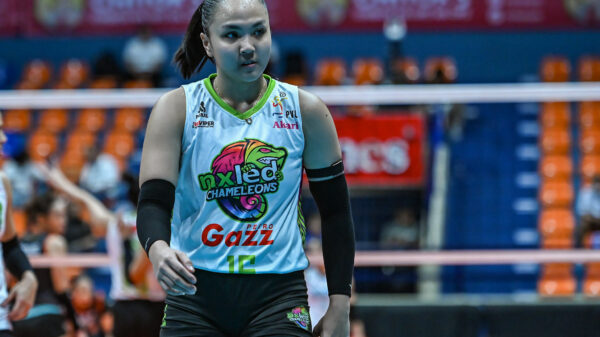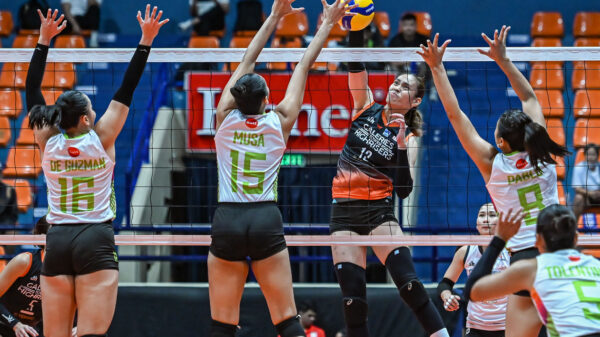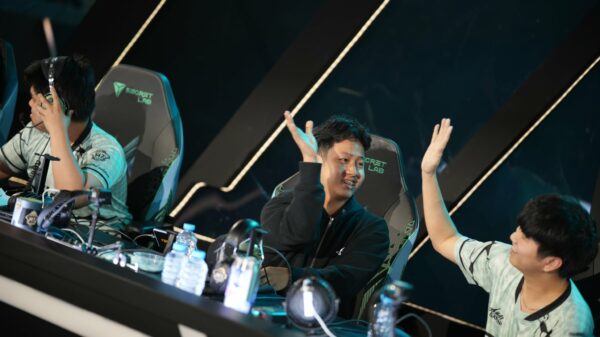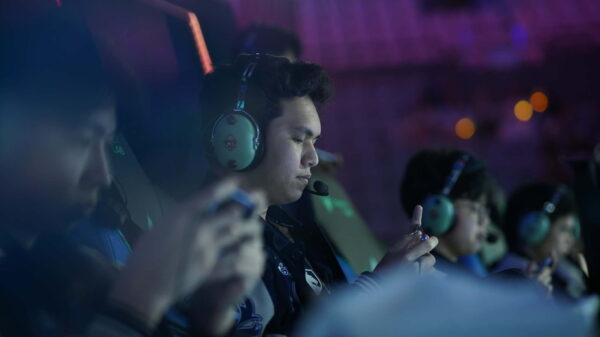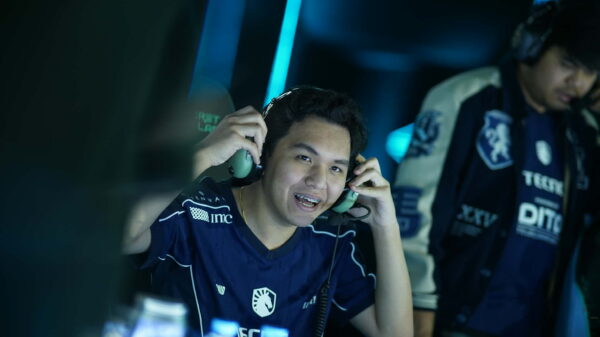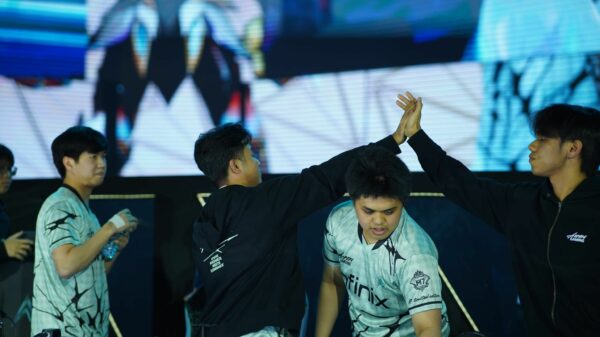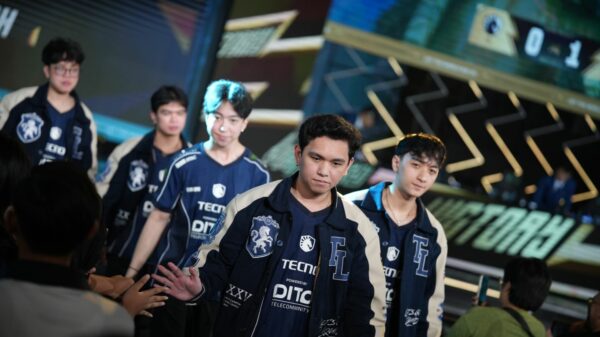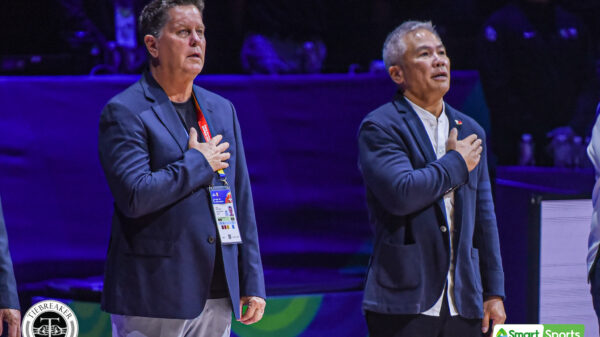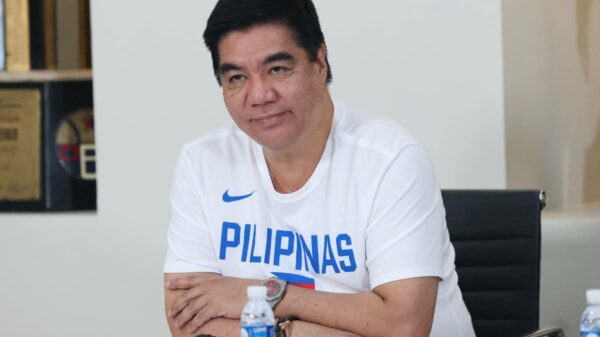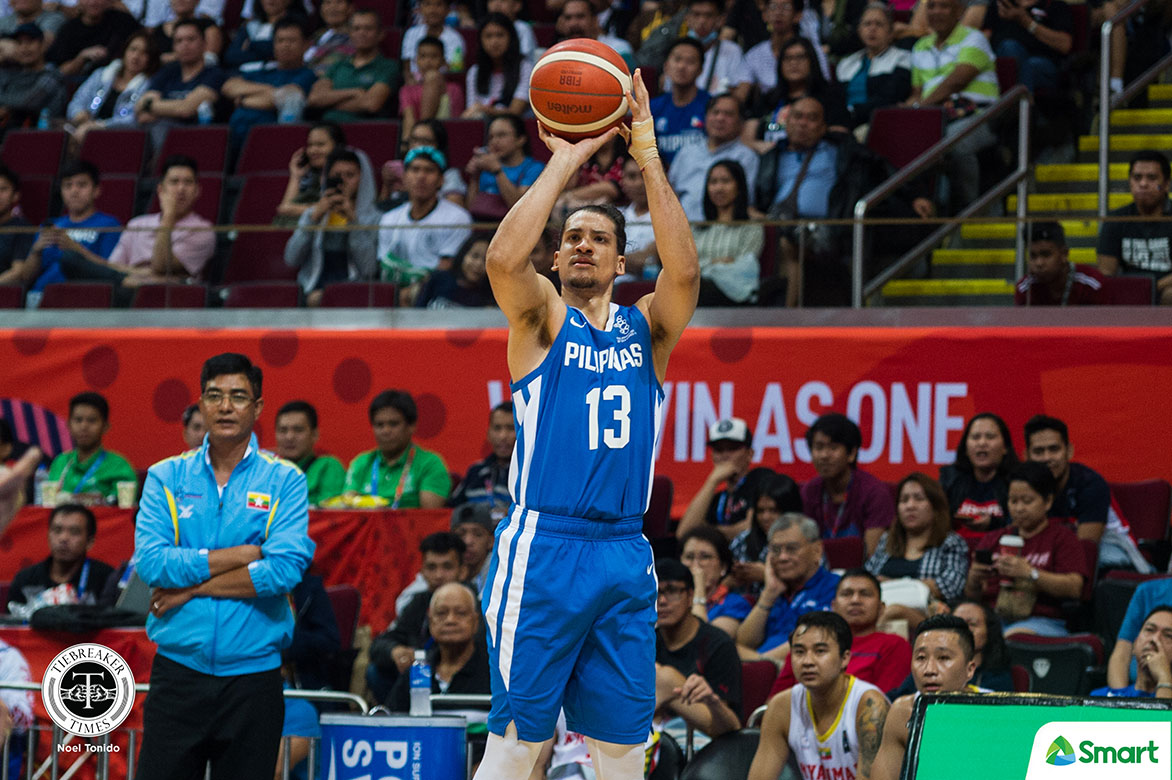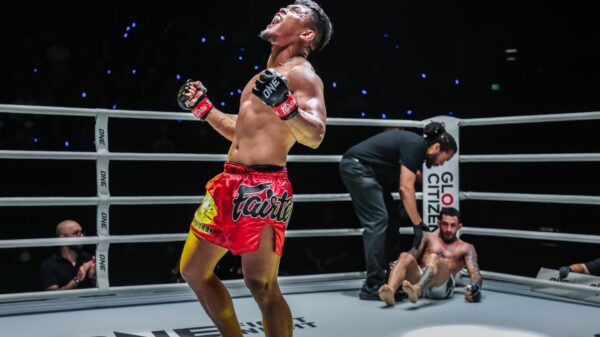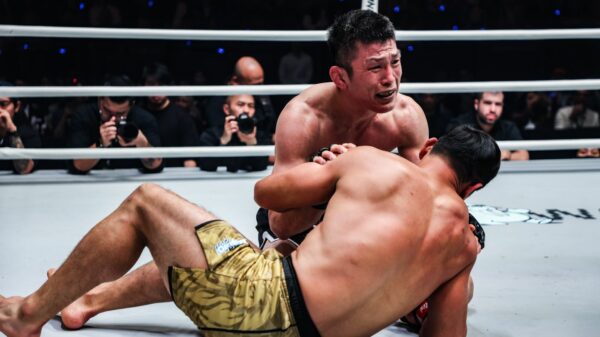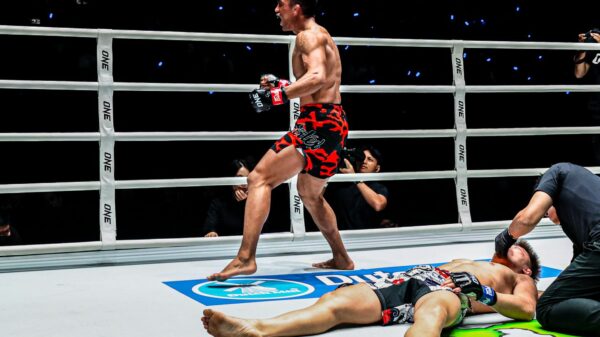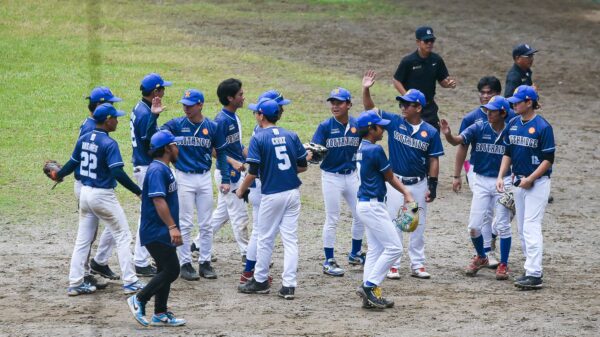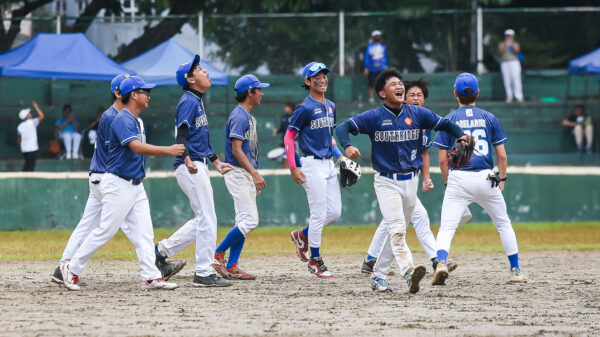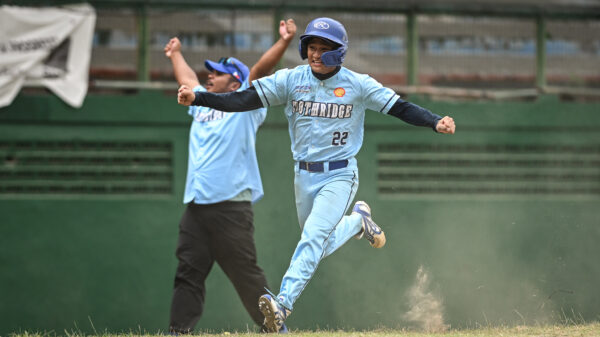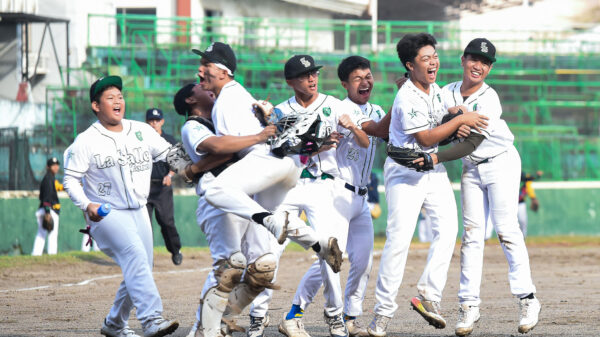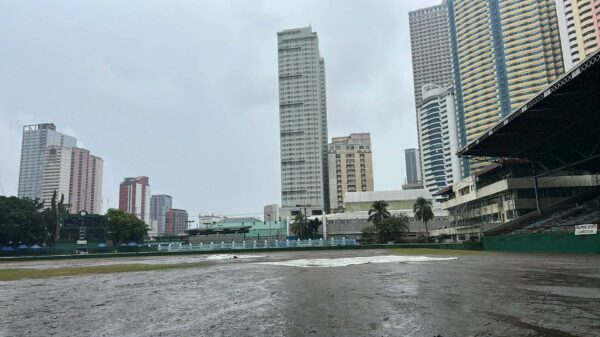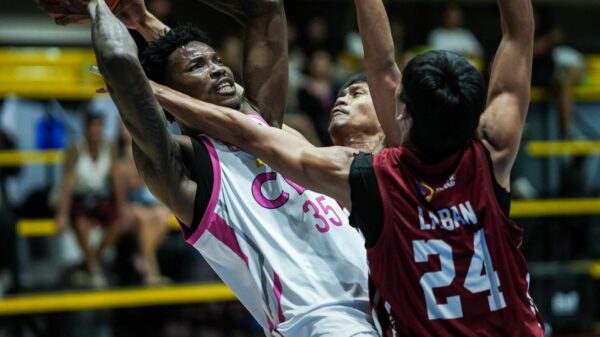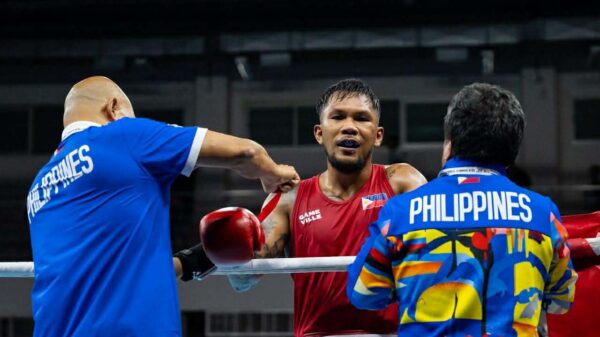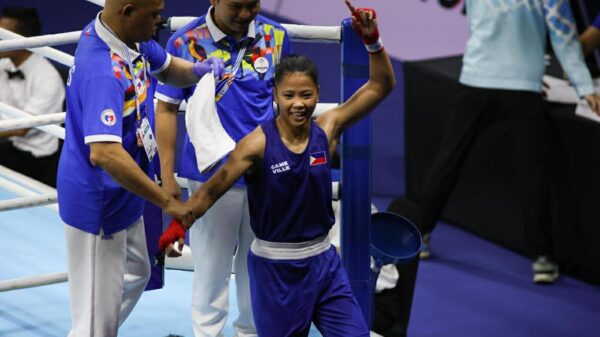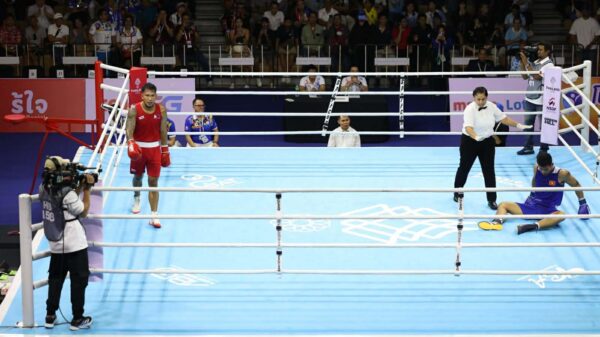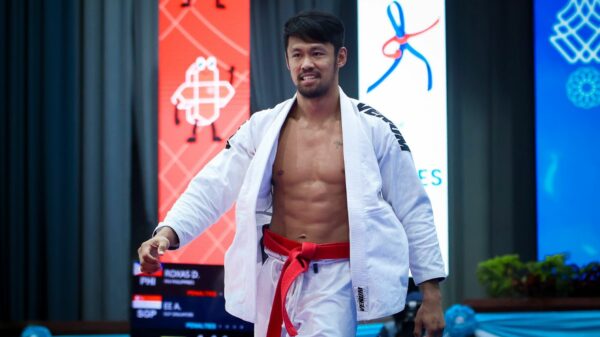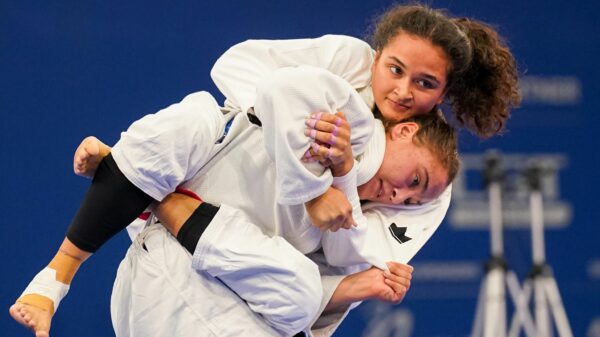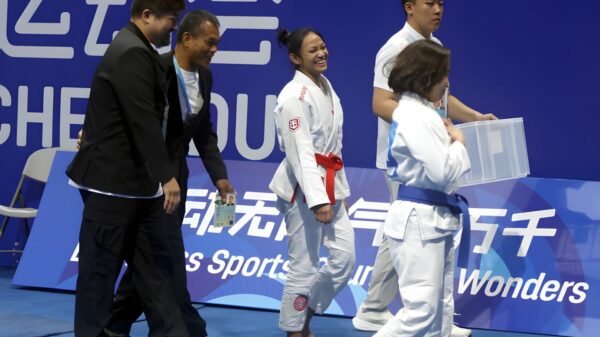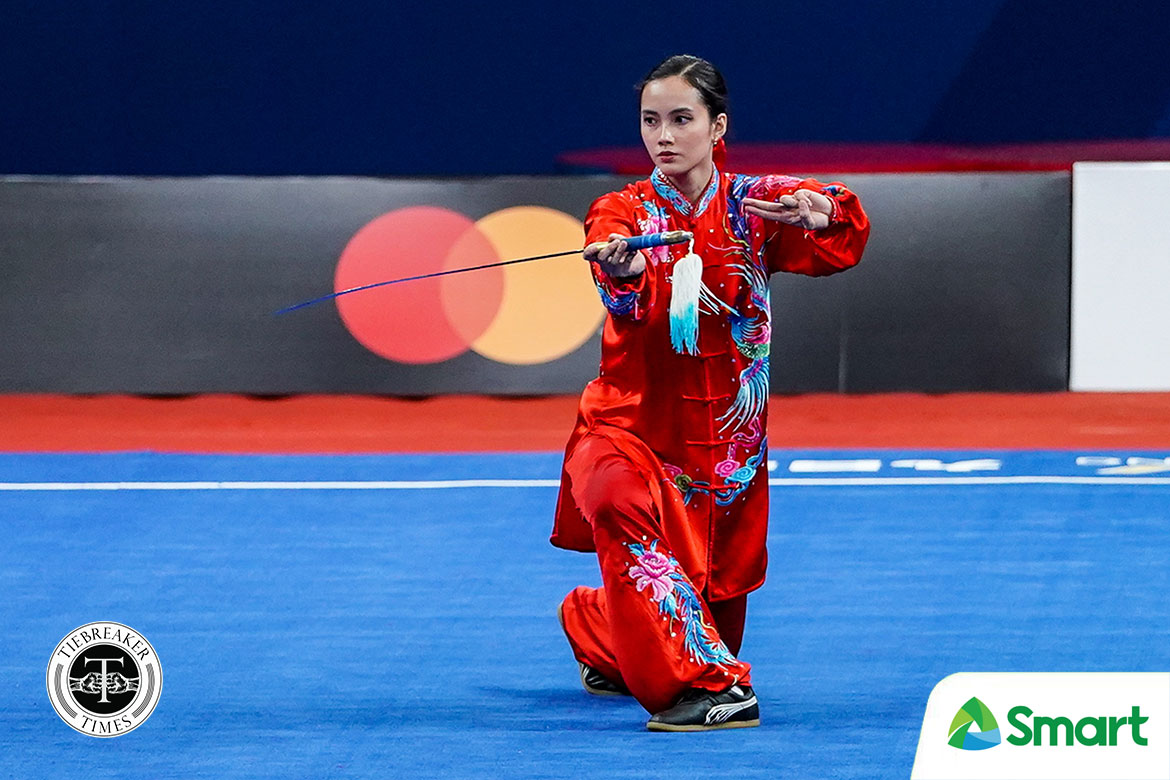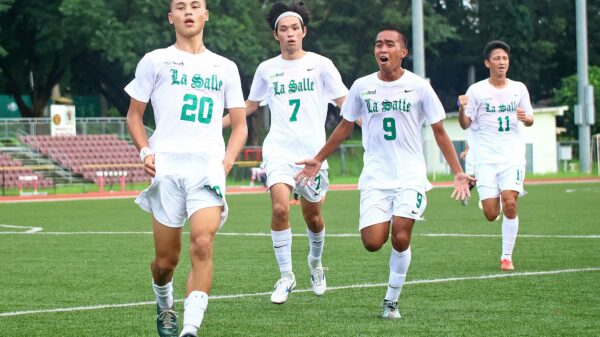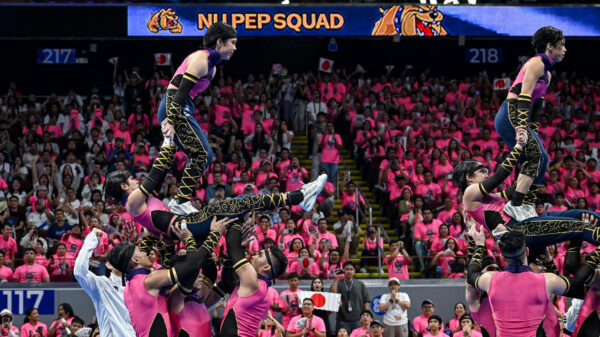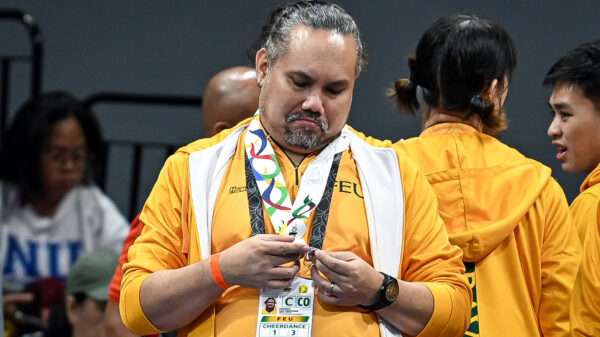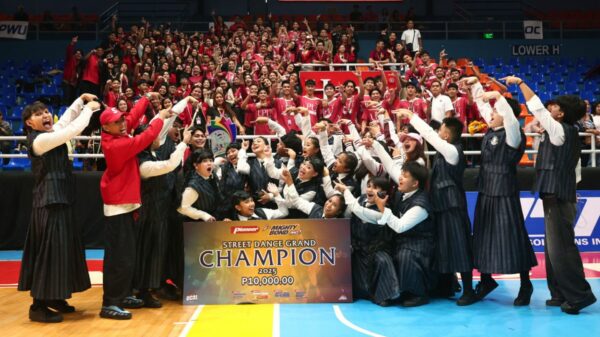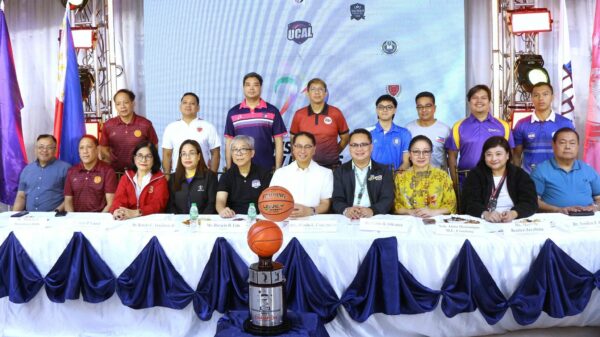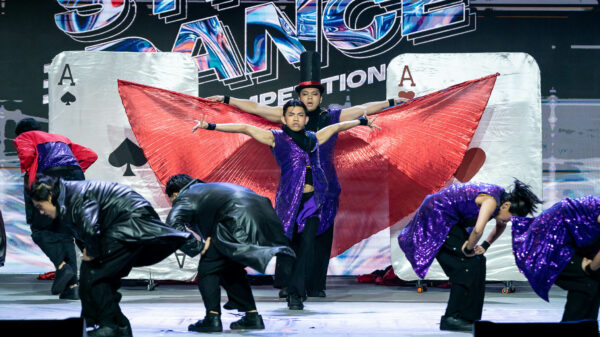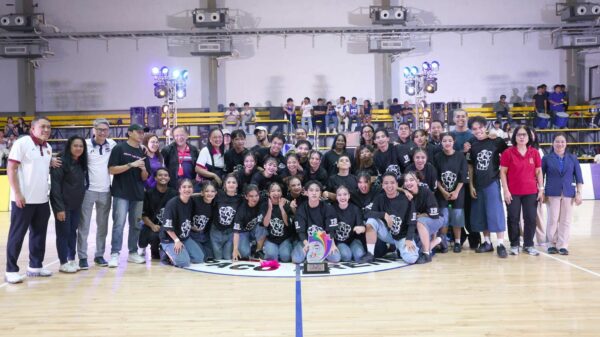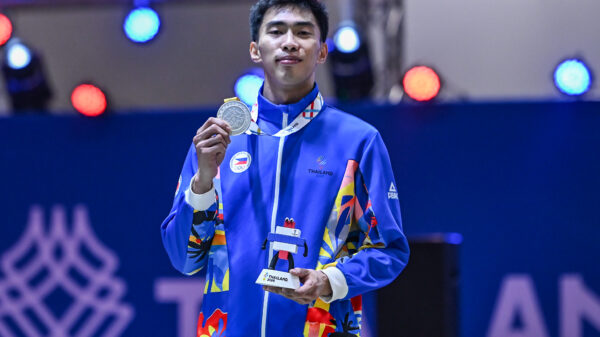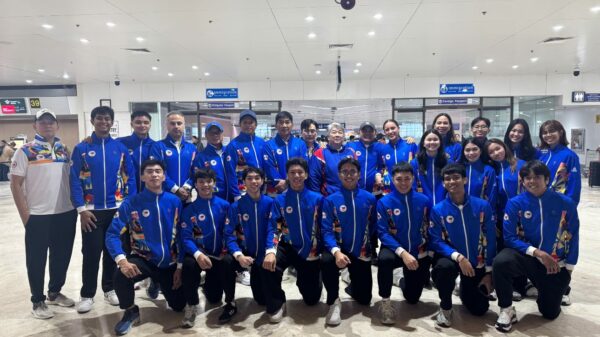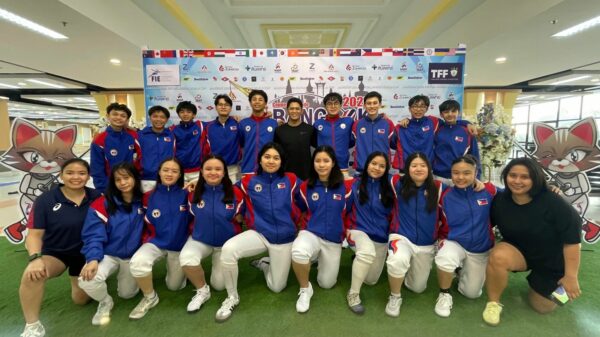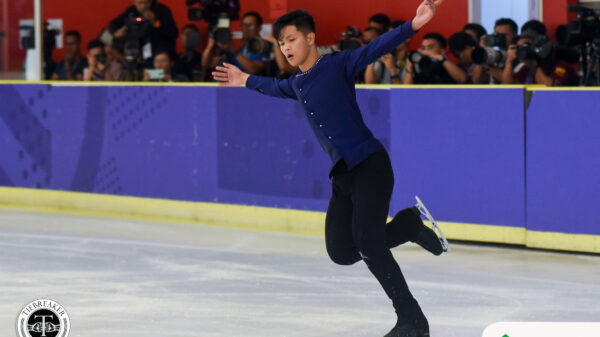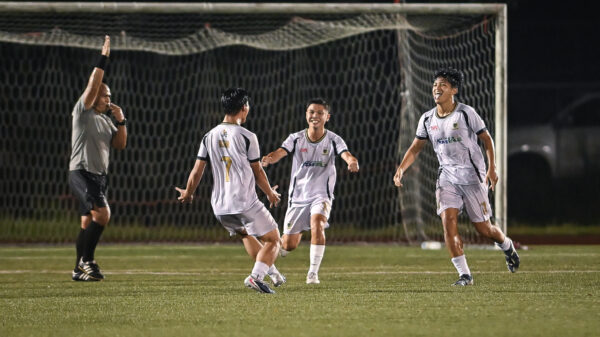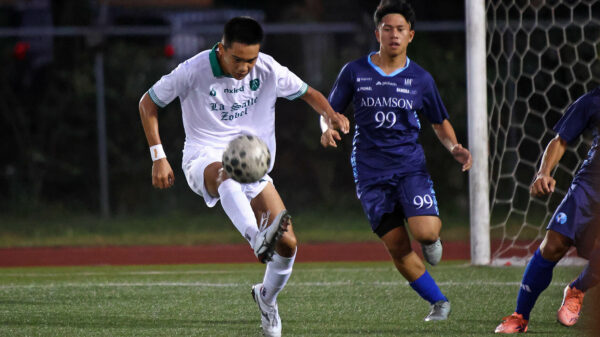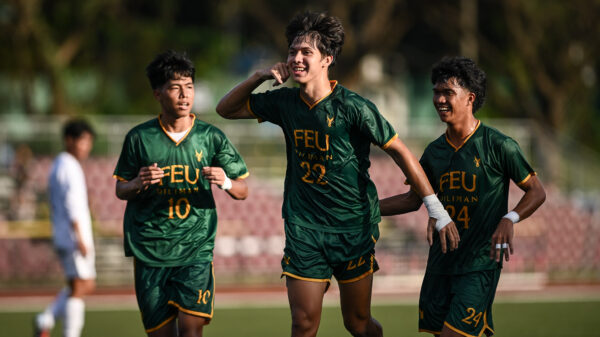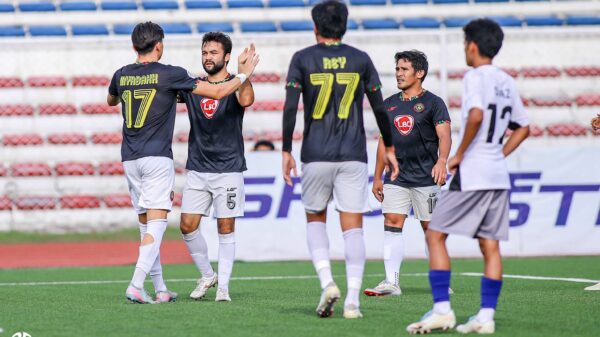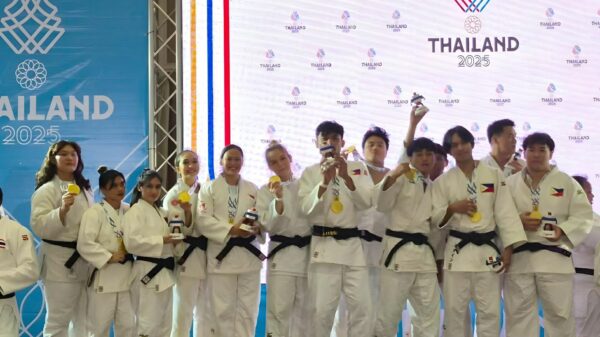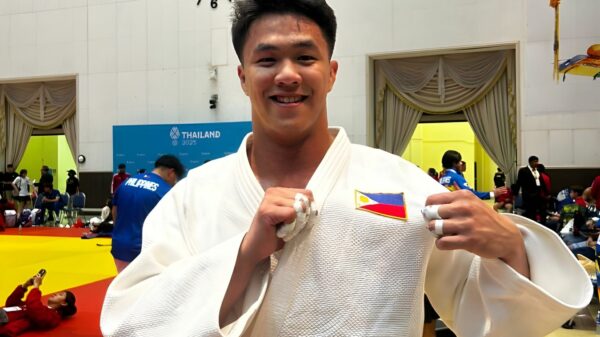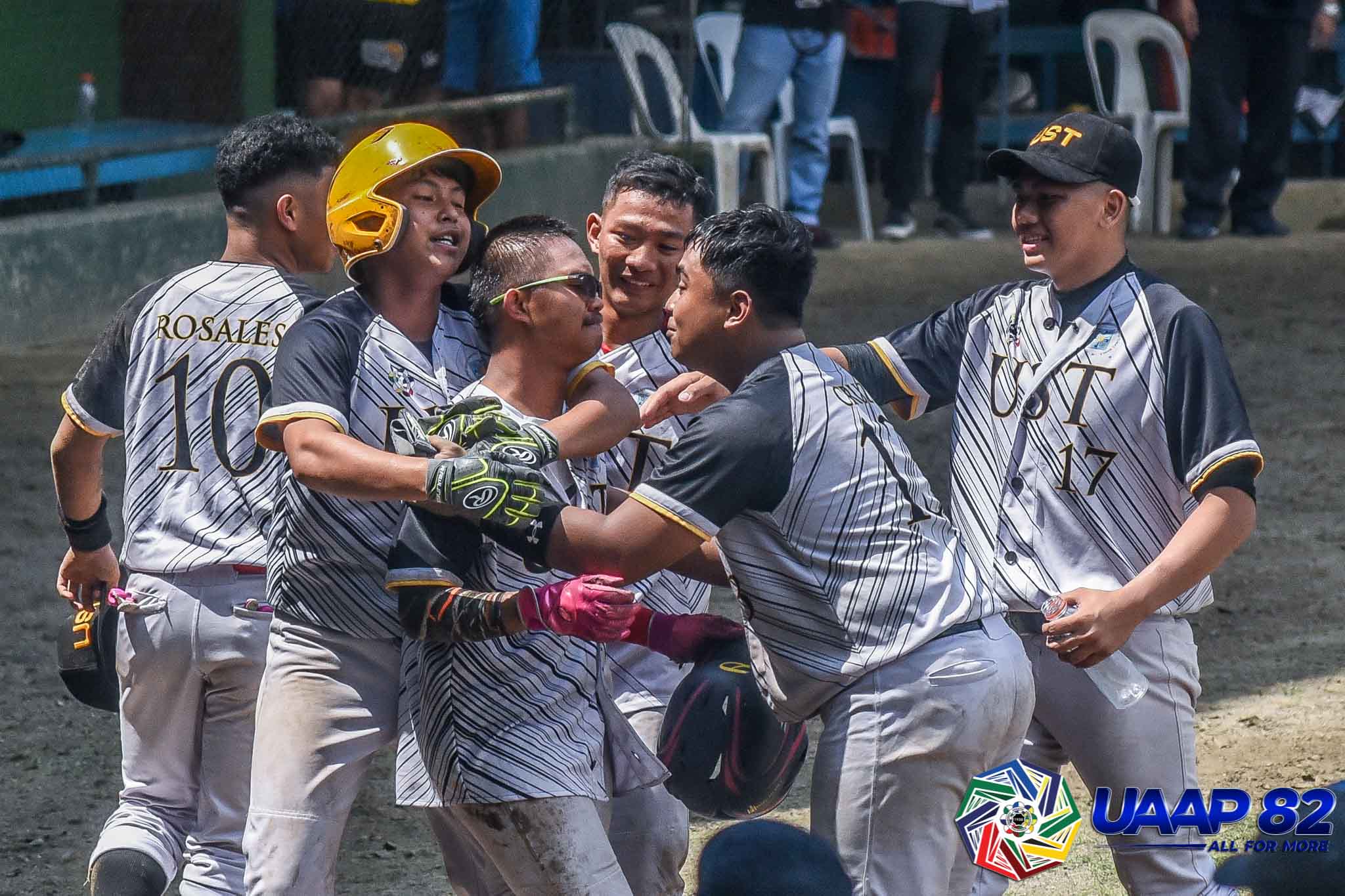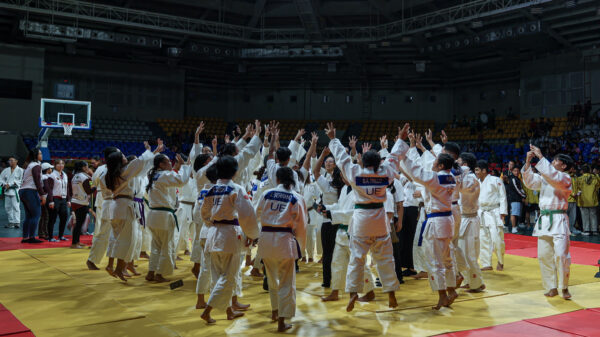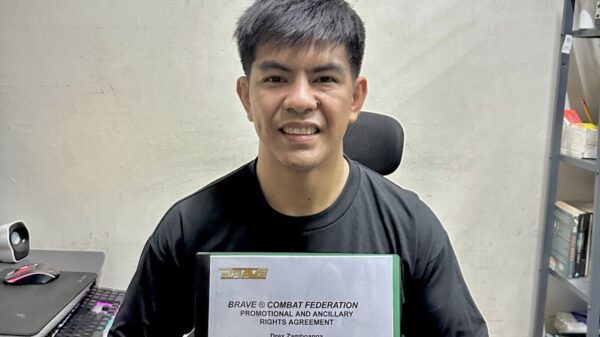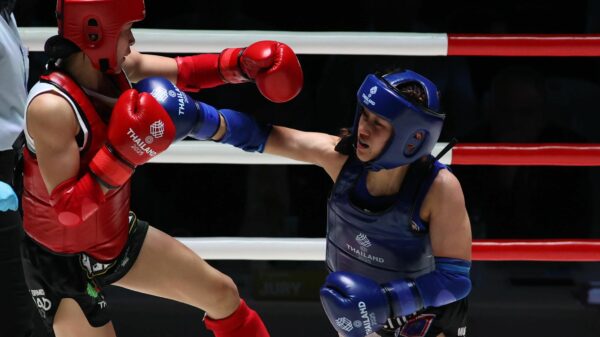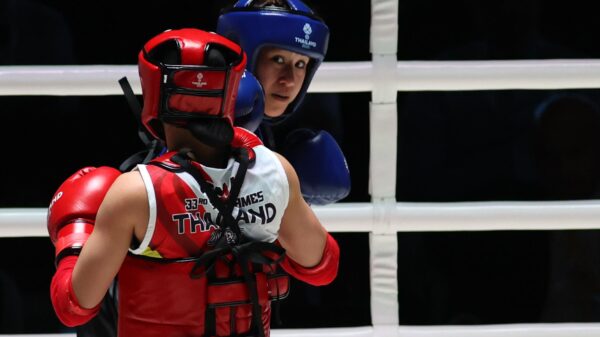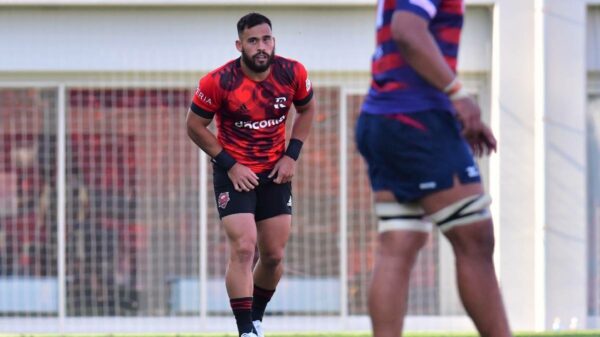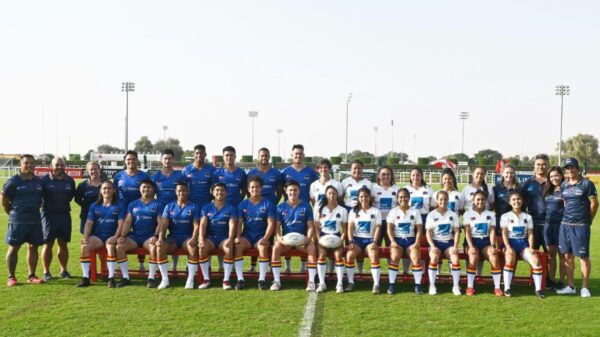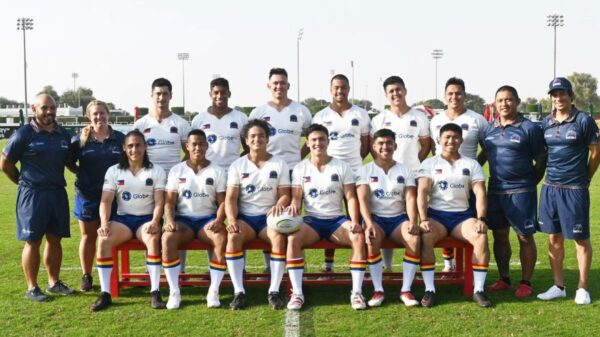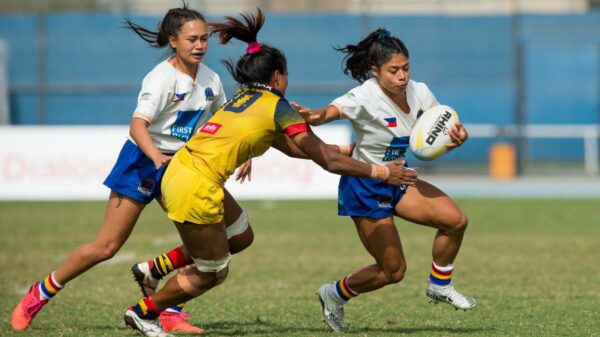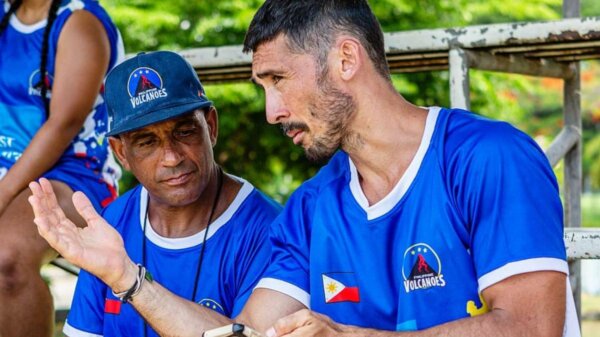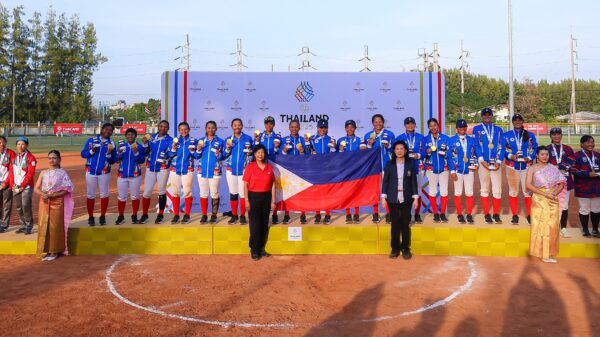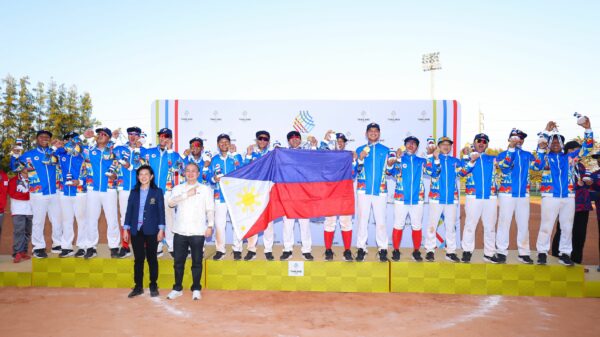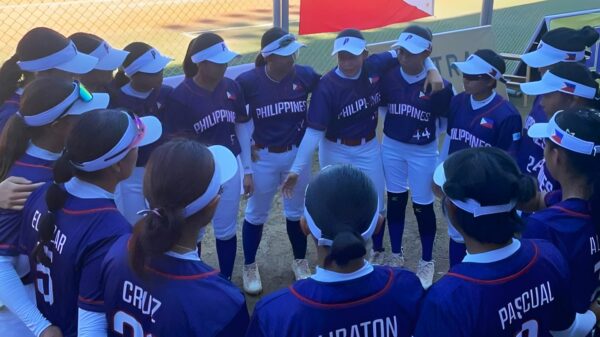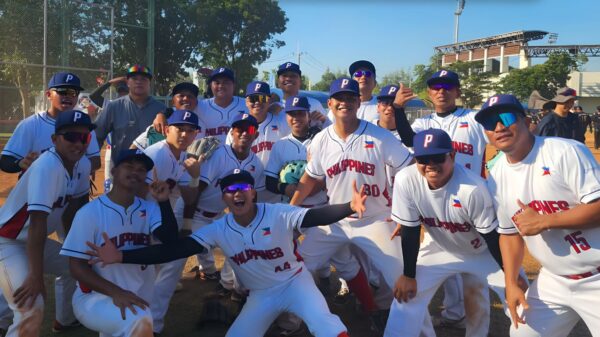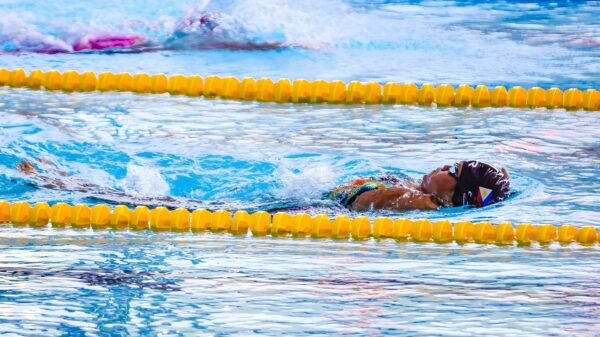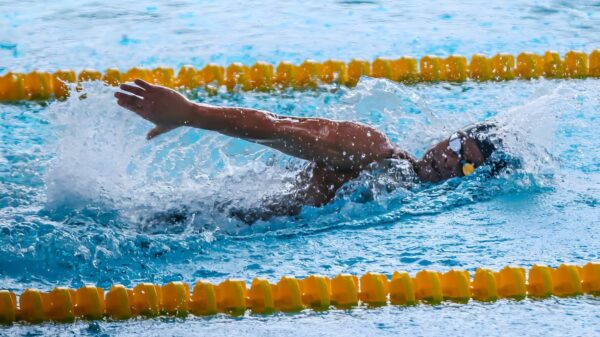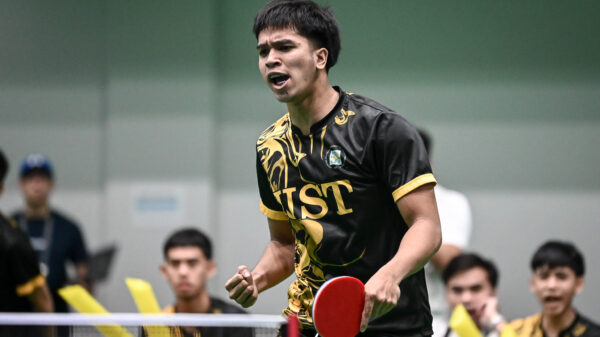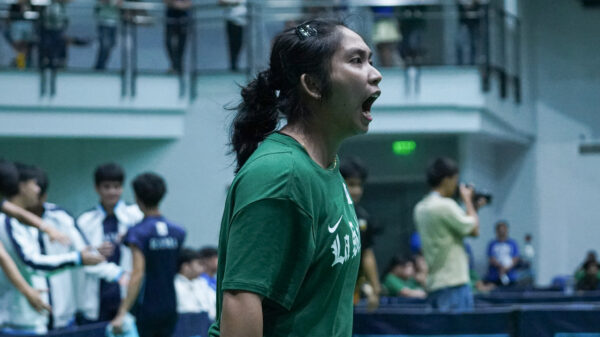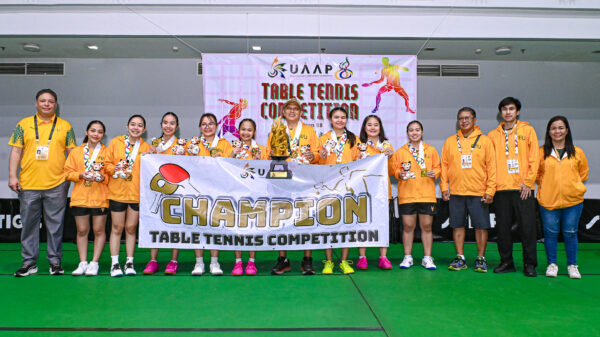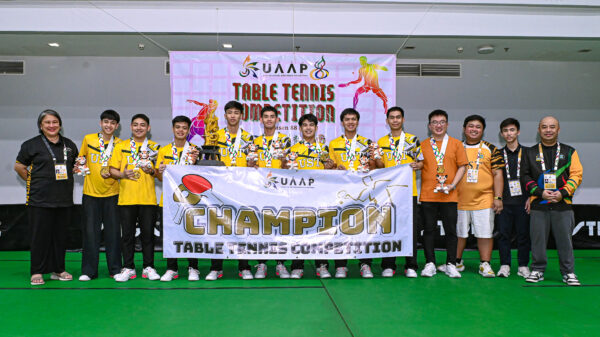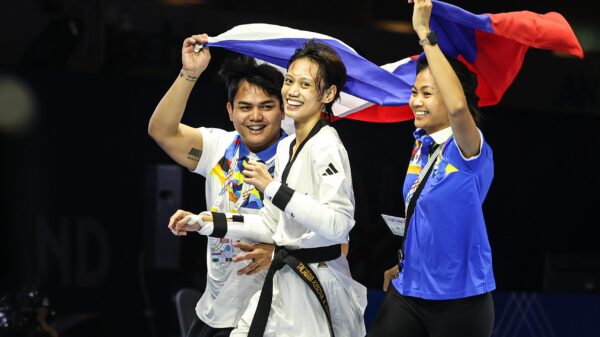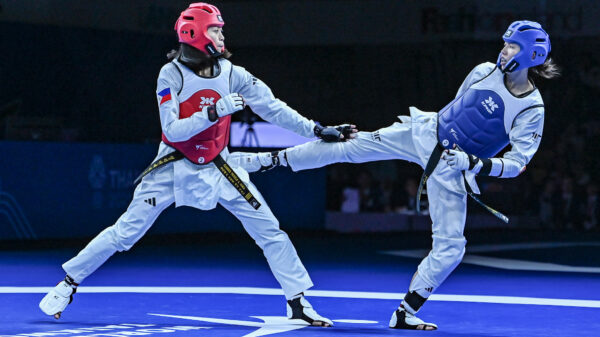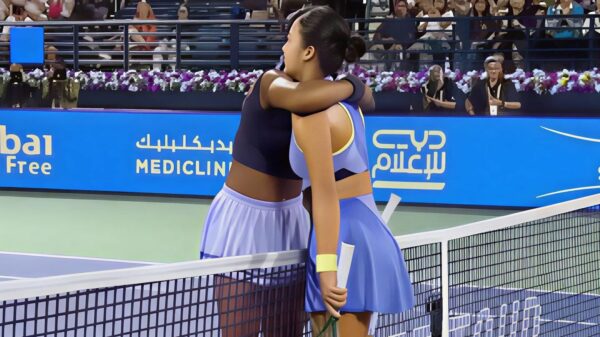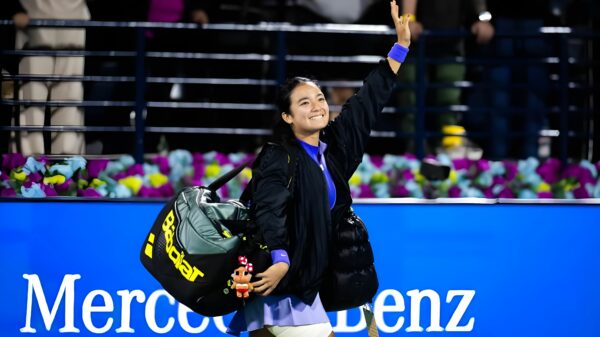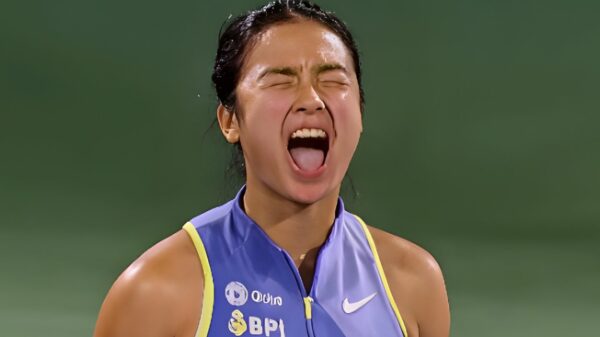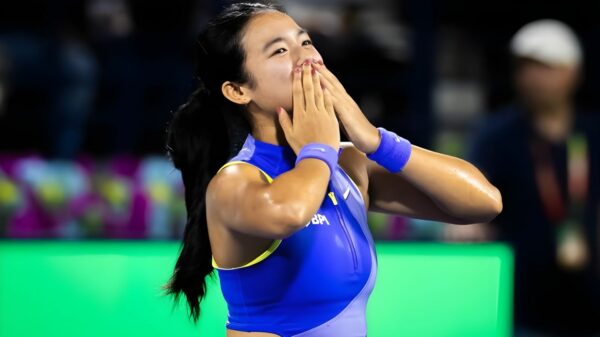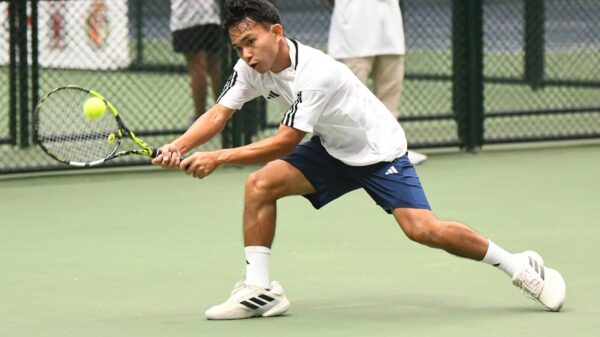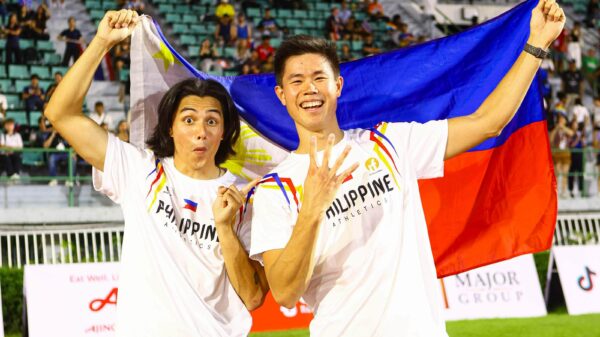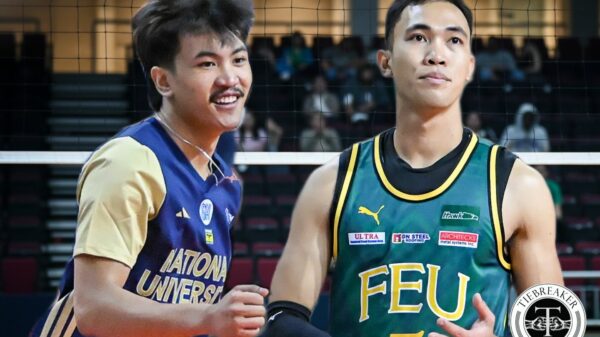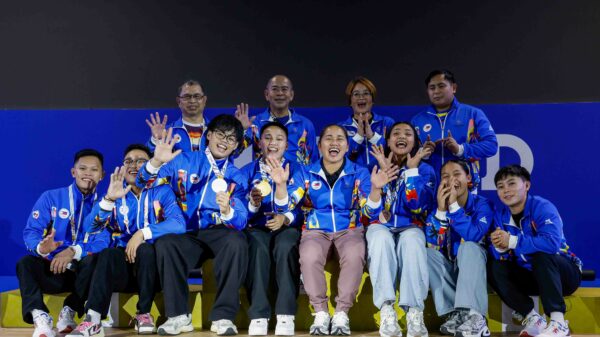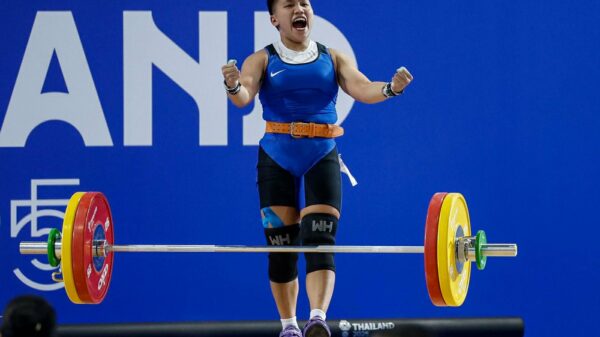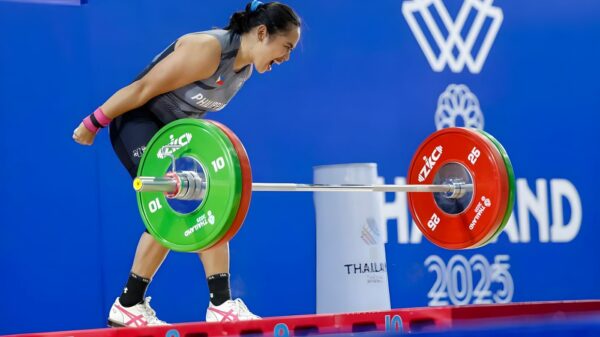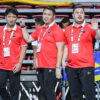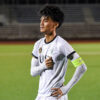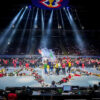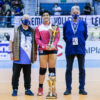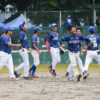The Destination: Hanoi for the Philippines and two other teams who arrive in the Vietnamese capital with the target of becoming the region’s football champions.
The last time the Philippines were in Hanoi was in 2010. They emerged undefeated in three games of the group stages, drew twice versus Myanmar and then Singapore, and scored a huge upset win against hosts and then- defending champions Vietnam. Making it to the semi-finals since then, the Philippines come into this year’s AFF Suzuki Cup with an ultimate goal: Win it all.
After a shocking 2-3 extra time defeat to Myanmar in the 2014 Philippine Peace Cup two months ago, Azkals Coach Thomas Dooley and his lads have set their sights to the biennial regional football tournament. It marked the team’s second finals loss under Dooley. “I hate losing in the last two times we are in the finals. I want to get the team back in the finals, and definitely win that one,” said Dooley, who also masterminded the Philippines’ runners-up finish in the AFC Challenge Cup last May.
Renewed approach

Photo by Zeke Alonzo
En route to this weekend’s opening match against Laos, the Azkals featured in four friendly fixtures. They tallied three wins in their last four games, scoring a total of 11 unanswered goals against Nepal, Papua New Guinea, and Cambodia. Their frailties in defense were exposed, however, when they suffered a 0-3 beating at the hands of regional powerhouse Thailand just less than a fortnight ago.
Looking at the bigger picture, the Azkals performed well under Dooley’s tutelage. The Filipinos won seven of their 12 games while only losing three games so far in the calendar year. Within that 1080 minutes of action, the Azkals scored a total of 25 goals and allowed only 11 in the process. Dooley’s winning record is considered a sign of progress for a team that has been slowly but surely moving towards the possession brand of football from a defensive, counter-attack kind of football that has produced its share of glorious moments.
With possession football, the Azkals had more opportunities to score goals. This was evident in their friendly match with Azerbaijan where they dictated much of the action in the second half. They pummeled the Azerbaijani defense with a flurry of goalscoring chances, only to be denied by a sturdy Azerbaijan backline that is constantly pitted against high-calibre European frontlines. It was also the team’s main weapon under Dooley, particularly in the Challenge Cup where the Azkals controlled much of the games they played before falling narrowly, 0-1, to Palestine in the final.
Holding ground
Defense has been the bread and butter of the Philippines in international competitions and the Suzuki Cup is not an exception. The Azkals only conceded six goals in their last 10 matches in the tournament, registering five clean sheets in the process. What has been a problem for the Azkals that neither Simon McMenemy nor Hans Michael Weiß has figured out successfully is increasing the Filipinos’ activity in their attacking third. In the same timetable as stated at the beginning of the paragraph, the Azkals only found the back of the net seven times and all of them came in the group stages. Should the Azkals be more proficient in front of goal, success is not far from reach for the Filipinos.
Perhaps the lineup change the Azkals have undergone will be under scrutiny by most of the viewing public. Just four players from the 2010 edition of the Suzuki Cup return to Hanoi where they reignited the status of football that has been dormant since the American occupation. They are the Younghusband brothers Phil and James, Chris Greatwich, and Rob Gier. Apart from the four players who have joined the squad since then, merely five other players have earned their places back from two years ago’s lineup. Most fans look at the departure of experienced players this year as a concern going forward as Dooley sought to establish a core heavily based locally–a move that has drawn mixed reactions from the supporters and critics of the team.

Photo by Zeke Alonzo
The Philippines, tagged as the dark horses of this tournament, have etched history in the last two editions of the Suzuki Cup. 2010 marked the first time that the Filipinos reached the semifinals. In 2012, after making it back to the semifinals, the Philippines hosted the first leg of the semifinals against Singapore. Two years before that, the Azkals were deprived of hosting a home leg because of infrastructure problems.
A Whole New Perspective
This time around, expectations are as high as it was low back in 2010 and the years before that. Back where it all began, the Philippines would have to hurdle past Laos, Indonesia, and Vietnam to present their fans back home another chance to witness their players take a shot at glory.
Laos, once the nemesis of the Filipinos in the qualifying rounds for the regional tournament, remain a threat to the Philippines who only defeated the Laotians once-although that happened most recently in the Challenge Cup. It is worth noting that Laos had a say to the previous tournaments’ semifinalists. In 2010, they drew with Thailand, and with Indonesia two years after that. Both teams missed the semifinals when Laos, a team they normally wallop, shared points with them. With the Philippines believed to have soared further above Laos, the Laotians are liking their chances of making a huge dent to the aspirations of the Azkals. The Filipinos are aware and should take zero chances of not giving their all versus Laos.
Indonesia is another team that would rekindle nostalgia to the survivors of 2010 as they were the squad that dashed the Azkals’ hope of a happy ending with a couple of 1-0 wins in the semifinals. Last but not the least, Vietnam come to this tournament with the hopes of ending the Philippines’ two-game winning run against them at the same ground where the Filipinos redefined their place in ASEAN football. Against two traditional powers of Southeast Asian football, the Filipinos need to be more assertive than before for them to have a chance of going all the way.
Every game is as important as the other and one slip often spells the difference between success and failure. Before, success for the Filipinos is to go home with at least a draw. Now is a clear manifestation of how times have changed as most people would probably be unhappy should the Philippines fail to get past the group stages.
Achieving a good result in the Challenge Cup is seen as no less than a positive indication of what lies ahead in the Suzuki Cup. However, there is no room for comfort for a side that has yet to prove its winning pedigree in the region. Myanmar and Thailand, the team labeled by many as the favorites to win this tournament, have shown that it will take a lot for the Filipinos to maintain, if not exceed, their status in ASEAN football. After all, that is the challenge the Philippines are facing now. They got out of the cellar four years ago, they proved their seriousness of contending for the title a couple of years back. As much as it was unbelievable to think that the Philippines will win the Suzuki Cup in its earlier editions, the notion that the Azkals will rewrite their history by etching the name ‘Philippines’ on the Suzuki Cup trophy is now greeted with seriousness not only in the 7,107-island nation as people from seven other ASEAN countries have taken notice.

With that said, all eyes will be on the Azkals, both in and out of the country, with everyone curious about their ability to stay on the region’s upper echelon. Teams like Vietnam and Indonesia are seeking to claim their top level status from the Philippines who have made the semifinals twice while they languished in the group stage last time around. Myanmar and Laos, too, are teams that are on a mission to leapfrog the Philippines as they have done before. While all those have been plotted, the Philippines also have one thing in their minds: Win it all.




